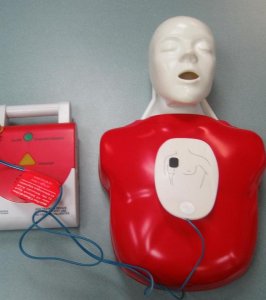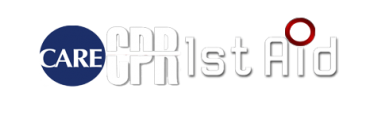
Portland CPR remains the top training provider of basic and advanced CPR in Oregon. With five different programs catering to a variety of certification needs, trainees continue to choose us time and time again. The certificate we award students with is valid for two years before it can be renewed. For rescuers who need to renew their credentials, we offer re-certification classes for three of our programs, one basic and two advanced programs. As the statistics for heart disease and cardiac arrest get progressively worse in today’s society, learning CPR should be everyone’s responsibility.
Enrolling in training
At Portland CPR, you have a choice of enrolling in a program through a variety of different ways. Among our younger students, the online application form we placed on our website is the most popular. The form is accessible all day, and can be filled out whenever the student is available. The same can be said for applications sent through e-mail. If you plan on calling or visit us in person, please take note of our regular business hours. We do not entertain calls of walk-ins out of these hours.
Heart disease and the burden on American health
Each year, billions of dollars are spent on health care management for cardiac diseases. Heart problems are rarely brought to the hospital in their early stages because Americans have very low salience when it comes to common signs and symptoms of a heart condition. Most cases of cardiac disease are only brought to the hospital when the victim has already experienced a heart attack and cardiac arrest.
CPR training: lecture and hands-on
There are two parts to our training programs: lectures and hands-on training. For shorter courses, lectures are usually an hour to two hours while the rest of the class is spent practicing the skills learned. Teaching trainees about the concepts surrounding CPR are just as important in teaching them how to perform it. Pathophysiology, risk factors, and resulting complications are all part of basic CPR training.
Advanced courses are much more complicated, involving medical management of cardiac arrest. Medical management uses medications and equipment to stabilize the condition of the victim. Because this kind of management can only be done by certain health care professionals, we require ALS trainees to have a set of requirements to complete before they can apply for either of the two programs (ACLS and PALS).
Basic Life Support
- Heartsaver – general public – 4 hrs.
- Heartsaver C – health care providers (HCPs) – 4.5 hrs.
- Basic Life Support for HCPs – 4.5 hrs.
Advanced Life Support
- Advanced Cardiac Life Support (ACLS) – 16 hrs.
- Pediatric Advanced Life Support – 14 hrs.
Certification
Certificates have an expiry date set two years after they receive it. The only way to get a new certificate valid for another two years is to sign up for re-certification training before the expiration date. If you apply for re-certification once the credential has already expired, you cannot apply for re-certification training (you have to take the training program again).
